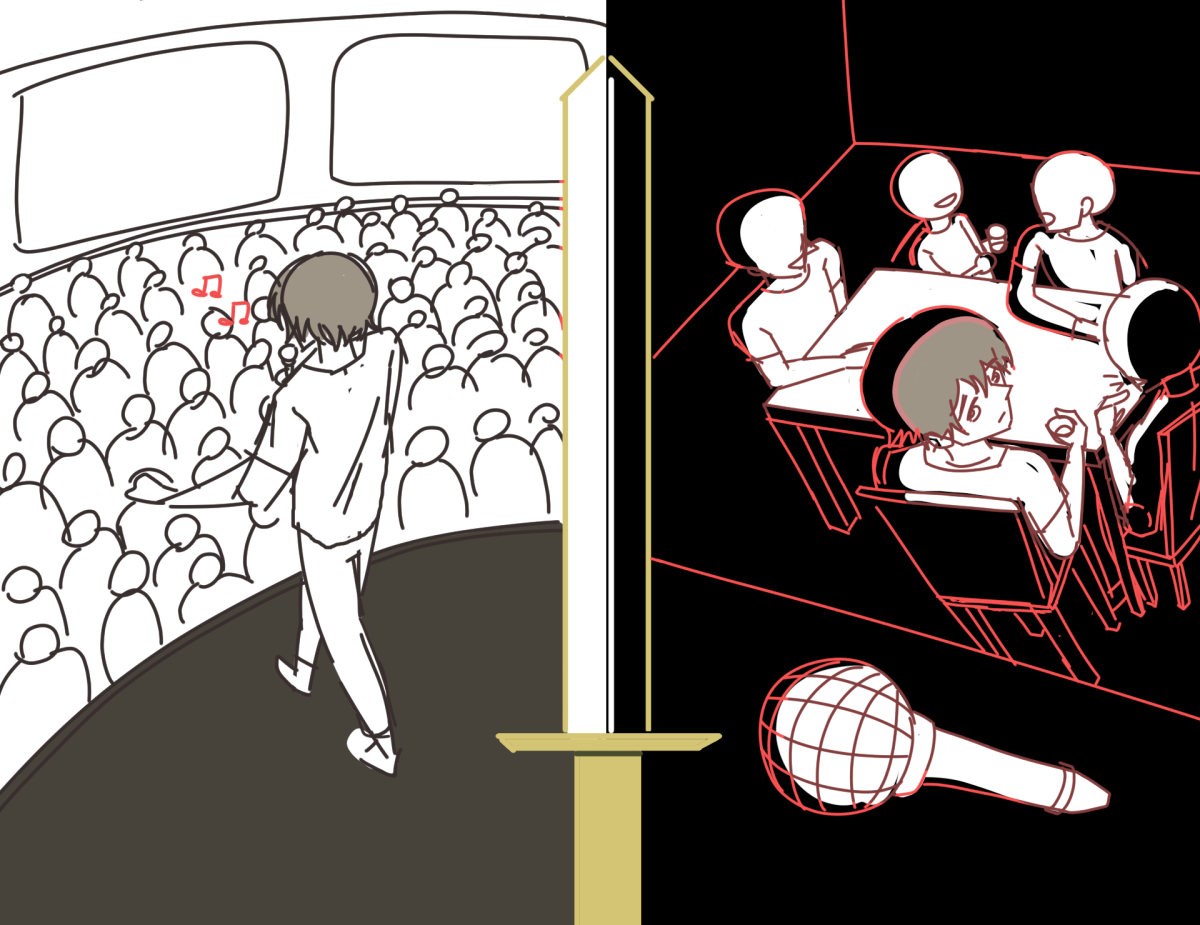This week, students across campus began registering for classes, obsessively refreshing the page before their enrollment appointment opened. Many students, especially underclassmen, have yet to register, as enrollment continues through November.
Whether a student attempting to craft their schedule, an administrator trying to manage classes’ pre- and co-requisites, or a professor aiming to keep their class at a reasonable size, the course registration system does impressively well at pairing over 30,000 students with their classes over the course of a few weeks.
I was meeting with my advisor when she described her time registering for classes at NC State before the internet, when enrollment meant standing in lines in a crowded room to physically sign up. Given that I enrolled while wearing my PJs in the comfort of my bed, I am deeply appreciative of the marvelous ease that the enrollment wizard allows.
By far the most powerful tool is the planner, which allows students to chart out their classes from their first to last year using their degree’s semester-by-semester plans, and to validate these plans to ensure they meet all degree requirements. Advisors can view and comment on the planner, streamlining the advising process and enabling more informative discussions on long-term goals and less emphasis on picking classes.
The real beauty of the planner lies in the fact that it syncs with the enrollment wizard, meaning that you don’t have to search through the course catalog for each class.
Due to the structuring of enrollment windows, sometimes the ideal section fills up before a student has the chance to sign up. Fortunately, the Student Services website offers tips on how to use the swap tool, amid others, to let you switch into waitlisted classes if they open up.
Another useful attribute is the capacity to add extracurricular activities and other events into the class schedule, which helps organize time and cut down the number of class sections to only those meeting at desired times.
Beyond the technological aspects of the enrollment wizard, the structure of enrollment slots is well planned. Giving priority registration to fourth-years allows them to get classes they need for graduation, while first-years can afford to wait longer to take required classes.
Granted, for first-years aiming to satisfy specific prerequisites for later classes, powerlessly watching classes fill up is an unpleasant experience. Nonetheless, seeing as they can track classes four years in advance, first-years also have the most flexibility in shifting their schedules to stay on track, so missing out on a class is not nearly as devastating.
Similarly well-conceived is priority for student-athletes, who often have practice at immovable times for several hours a week, and therefore need greater control over their academic schedules. Fortunately for other students, athletes compose such a small fraction of the total population that their early access rarely directly impedes scheduling.
Students in some other academic programs — including the Park Scholarship, Goodnight Scholars Program, the Honors program and the Scholars program — also get early registration. These programs also have some required elements which have more rigid time slots. However, priority registration has the larger purpose of encouraging all students to strive harder in their classes, as these programs only accept the highest achieving students. The university as a whole gains whenever students are pushed to their fullest potential.
The enrollment wizard serves another crucial, yet often underappreciated function. It ensures that students only take classes for which they meet the requirements. When successful, this function ensures that students don’t accidentally or intentionally sign up for classes which they aren’t prepared to take. It also permits departments to set aside seats in classes for their students, which is essential for majors where a specific linear course progression is required.
Despite occasional bugs in the system, the current format is certainly preferable to the dark ages before the internet. For everyone who has yet to register, that thought should come as some consolation during the agony of waiting for the refreshed web page to load.





